Living with an electric car | 10 things you need to know
From dealing with range anxiety to planning before a road trip. Here are ten things we have learnt after living with the Audi etron electric car on the evo India fleet
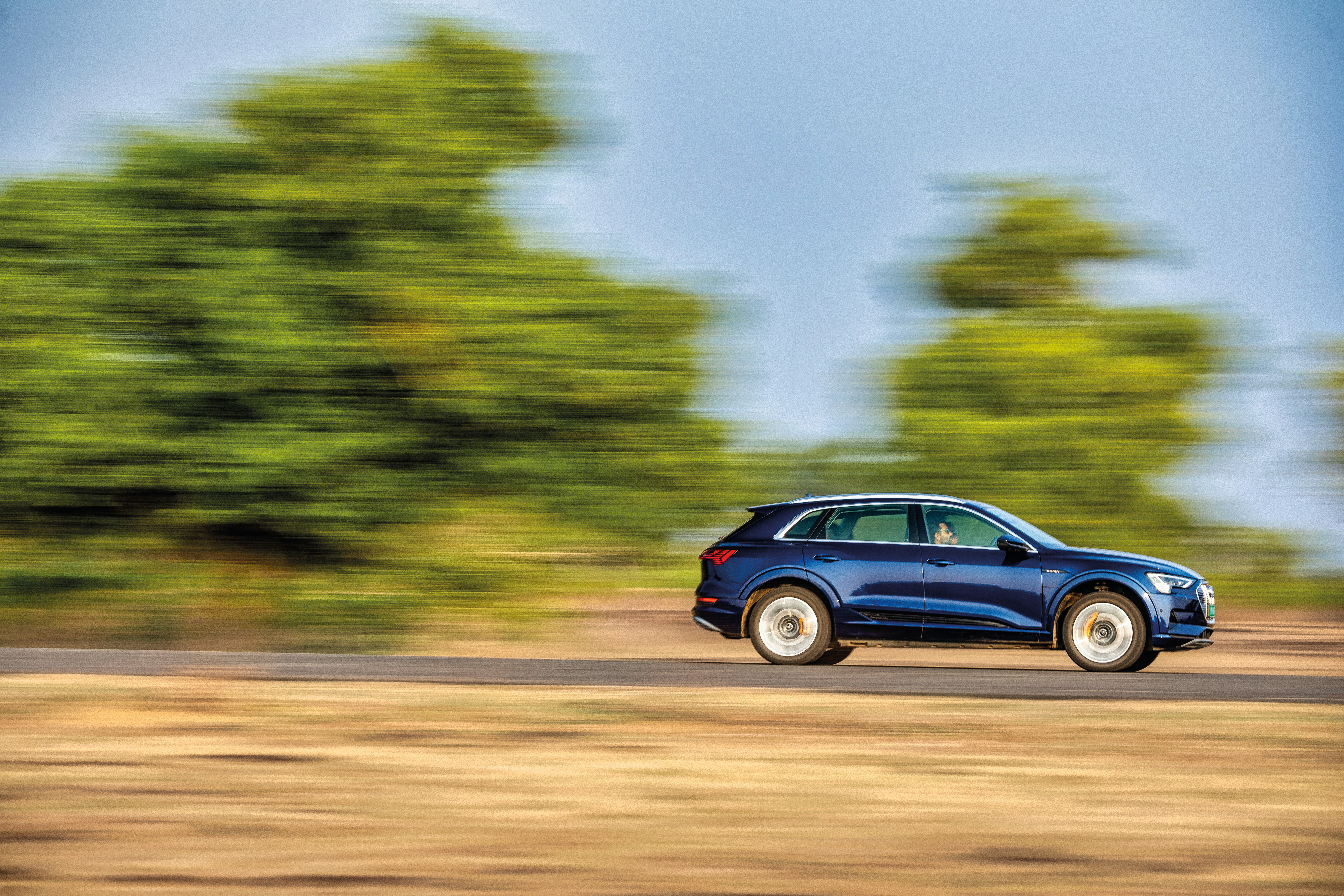 Here are 10 things you need to know when living with an electric car such as the Audi etron
Here are 10 things you need to know when living with an electric car such as the Audi etronElectric cars are all the rage. Every manufacturer is working on their electric car strategy, investments are being poured into electric cars, and the segment is growing rapidly. The government’s push towards EVs and the various subsidies are playing no small role in the adoption of electric cars.
At evo India we have tested plenty of electric cars and have even had the Audi etron and etron Sportback on the long term test fleet. Here are ten things we have learnt after living with the luxury electric SUV on the evo India fleet.
The running costs of an EV are ridiculously low
But first there is some infrastructure work needed. And that’s why EV manufacturers will first do a feasibility study at the location where you intend to install the charger. Not only do you need three-phase power but if you are installing an 11kW AC charger (the evo India office has an ABB charger installed by Audi India) you also need to upgrade the cabling from the supply box. And in states like Maharashtra the state electricity board requires you to apply for a separate line for your electric car charger with a separate meter box.
Sounds complicated but there’s a significant benefit. The electricity cost is nearly half of what you will pay on a home or commercial connection at approximately Rs 7 per unit. And juiced up on this line the Audi etron has a running cost which is lower than the per kilometer rate on a municipal transport bus. Whether this running cost is reason enough for buying a Rs 1.2 crore luxury SUV is debatable, but the fact is the running costs are ridiculously low.
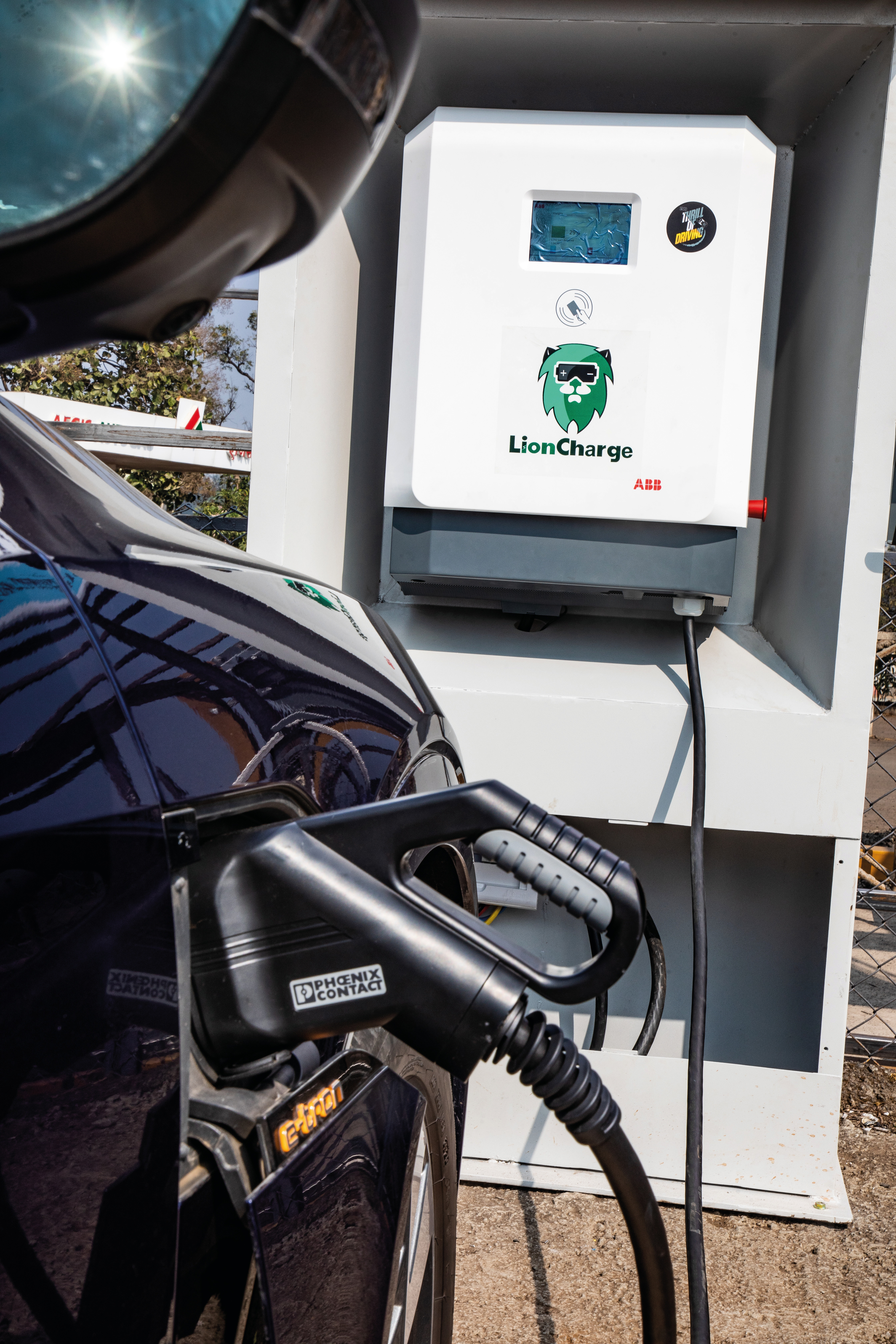
Infrastructure is not the problem that everybody makes it out to be
Every electric car manufacturer, from Audi to Tata, will install a charger at your home or office. Audi in fact provides two chargers, so you are sorted at both locations. And that frees you from standing in line at the petrol pump and dealing with unpleasant pump attendants. Sure, if you do not have a fixed and covered parking spot then you’re stuck and I will have to recommend you stick with your ICE. But, that said, many big housing complexes have recognised the problem (and need) and are now installing charging stations.
And charging stations are coming up everywhere, and at lighting speed. The new Aero Mall at the Pune airport has not one but a whole bank of chargers. The Jio mall in Mumbai not only has charging points (where you plug in your portable charger) but parking is also free for EVs.
But, that said, you will be best served by having a charger at your home. Plug it in once or twice a week. Saves time and the hassle of going to a pump. It is one of the unsung joys of owning an electric car.
You cannot take off on a drive on a whim with an EV
When we first ran the Audi etron on our long term test fleet I used to plug it into the charger every second day and invariably it always had 80-90 per cent charge. Now that we are comfortable with it, I charge it once a week, letting the state of charge drop to 15 per cent.
Which meant when Aatish wanted to borrow it for a weekend run to Mumbai he had to collect the car from me the previous evening, plug it into the charger at the office overnight, and then head out the next morning.
With an EV you just cannot take off on a long drive on a whim (unless you are okay with spending time at a charger while it juices up).
That’s the short 160km Pune - Mumbai drive. Any longer, like 500km on Pune to Goa needs planning. First of course a full charge before taking off. Then plan where you are going to charge, and schedule your breakfast, bio breaks, zoom calls, everything to coincide with that charging stop so you don’t waste too much time. And then of course where do you charge when you get to Goa or whatever your location is.
Two years ago we did our first electric car road trip taking the Audi etron from Pune to Goa on a Christmas break. Together with Lion Charge we installed a 24kW charger in Kolhapur and an AC charger at the Leela in Goa. Kolhapur now has plenty of chargers on the highway while the Leela is now the St Regis and they have a bunch of fast chargers, so finding a place to charge is not a problem.
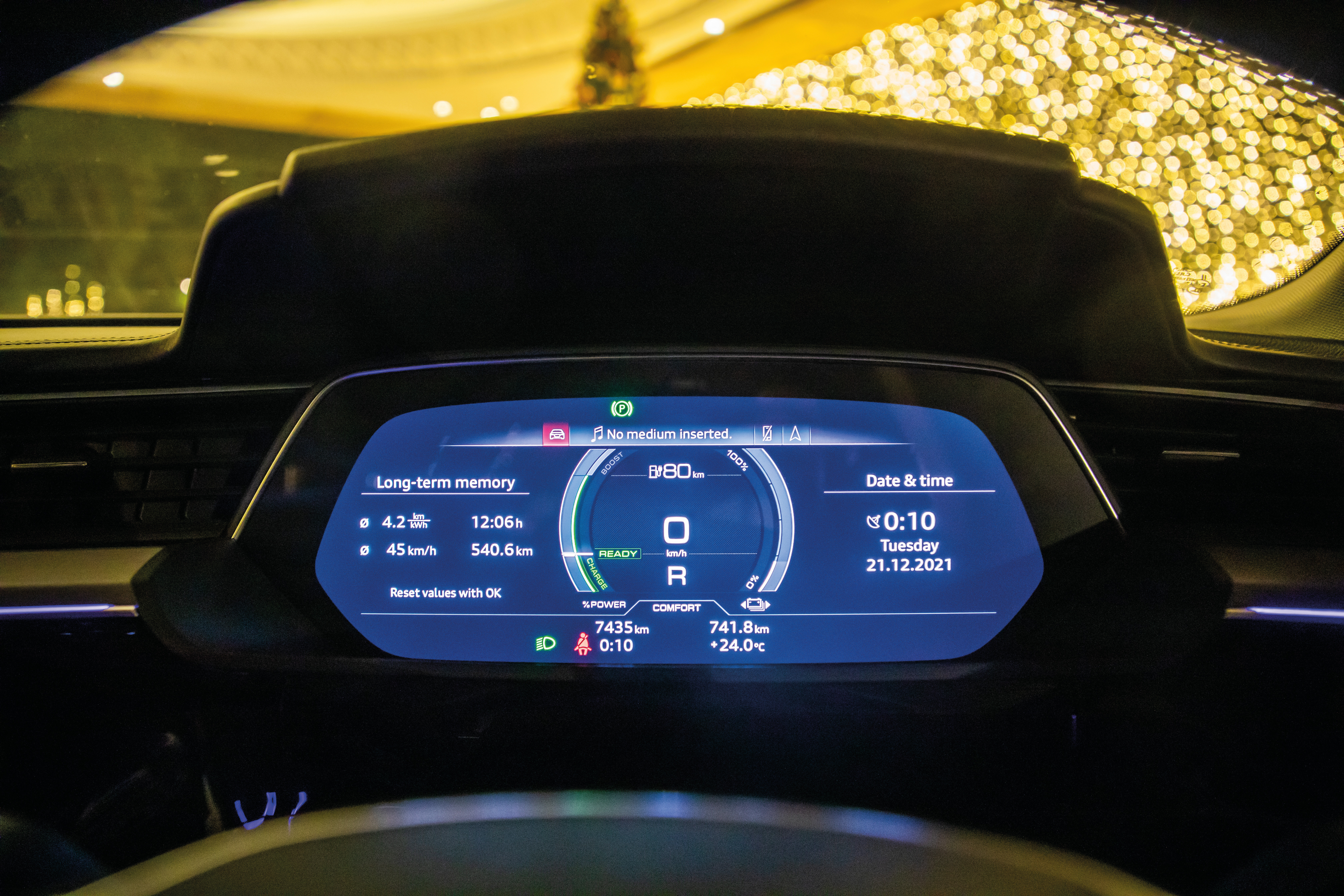
Range is over indexed
The Audi etron delivers a range of between 320 and 350km depending on how we drive and where we drive it to. Which really is enough. Enough to require charging once a week when used in the city. Enough to do Pune - Mumbai and (if you aren’t doing too much running round in Mumbai) back to Pune. Enough to get to Goa with just one charging stop.
Apparently, customer research says 400km real world range is the sweet spot where range will be a non-issue. And that’s coming in the Q8 etron.
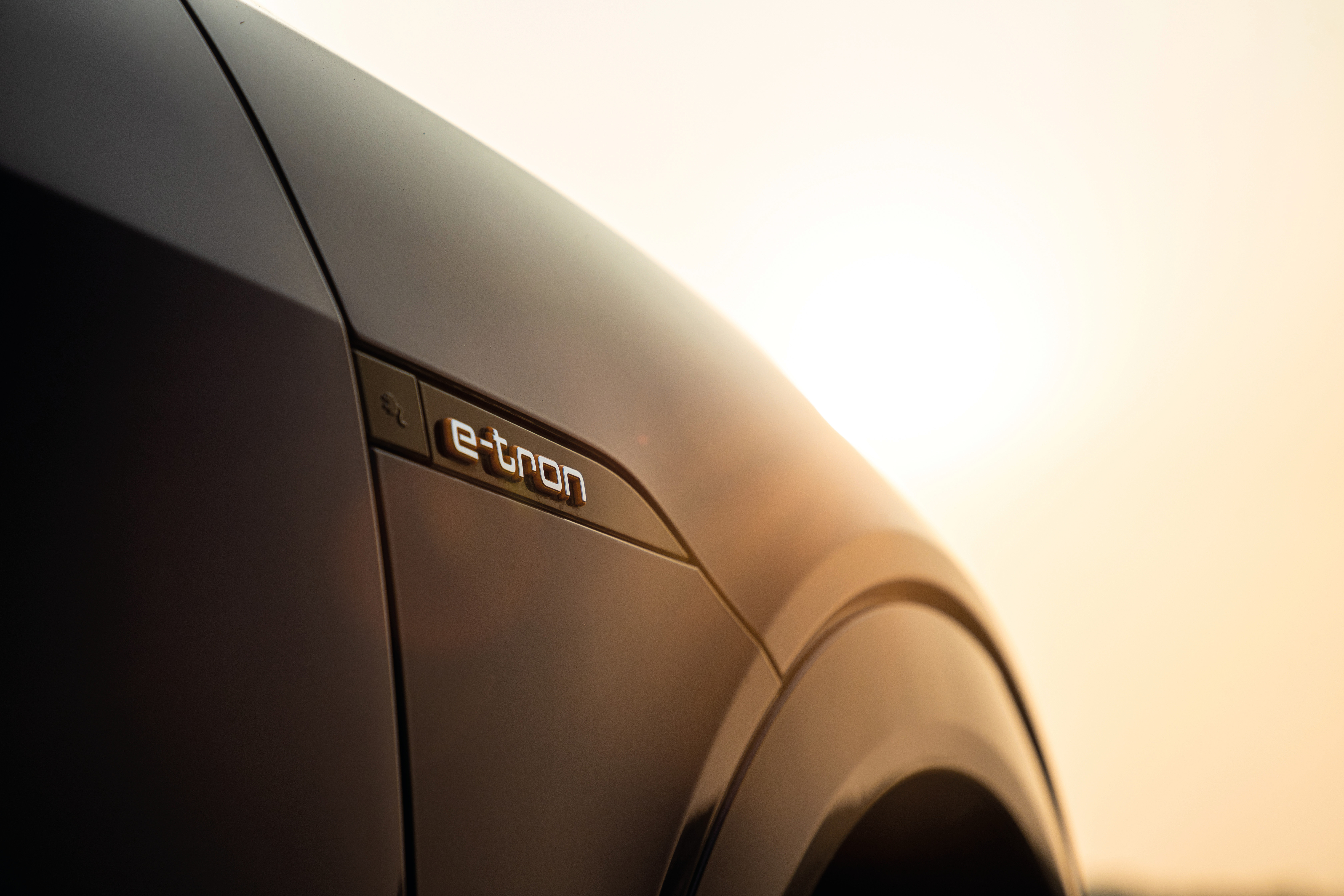
Range anxiety is not a big deal
The sensible thing is of course to charge your EV when you get home. Takes two minutes to plug it in and you’re sorted. That way, say, you have a power outage and the car doesn’t charge, you aren’t stranded the next day. Point to note is that if you have a power cut or the supply momentarily cuts out you have to unplug the charger and restart the charging process. The problem is if you have an inverter at home you will never know the power is out and next morning you will wonder why you don’t have 100 per cent charge.
What I should point out is that you can totally rely on the range readout, so much so that I once ran it down to empty, reaching the office at midnight to plug it in with 1 per cent charge left over. That’s probably the only time I experienced stomach-churning range anxiety, and also the only time I stuck the etron in Eco mode. And that’s when I learnt in Eco mode the etron lowers itself on the air suspension, the ground clearance reduces, ride becomes very stiff, the steering assistance reduces, the air-con efficacy reduces and basically it becomes no fun to drive.
Electric cars have a few compromises
Especially the born electric electric cars like the Audi etron, what with the batteries being located under the floor, don’t have the same luggage space that you would expect in an SUV of this size. It is still a good enough boot but you won’t be able to pack in a lazy boy from Ikea (which you can in a Q7). Passengers also sit a bit knees up and don’t have the same kind of under thigh support as the afore-mentioned Q7. And the frunk has limited use, because once you put the portable charger in there there’s not much space left over. And it’s not the most convenient thing to use either.
Electric cars are heavy
Batteries are heavy, and consequently electric cars are heavy. You want more range you will need more batteries which means more weight and thus begins the vicious cycle. The upgrade on the etron, the Q8 etron coming in June, has more efficient packaging which means more cells in the same battery pack, thus resulting in more range — it should hit the 400km real world sweet spot.
And you feel the weight. Throw it round a corner and you feel the weight. Cruising down the highway there’s a bit of heave-ho over undulating roads. Never uncomfortable but it’s very different from the imperious way in which, say, the Q7 demolishes Indian highways. Audi has tightened up the dampers on the forthcoming Q8 etron but remains to be seen how that effects comfort on Indian roads, which the current etron does really well.
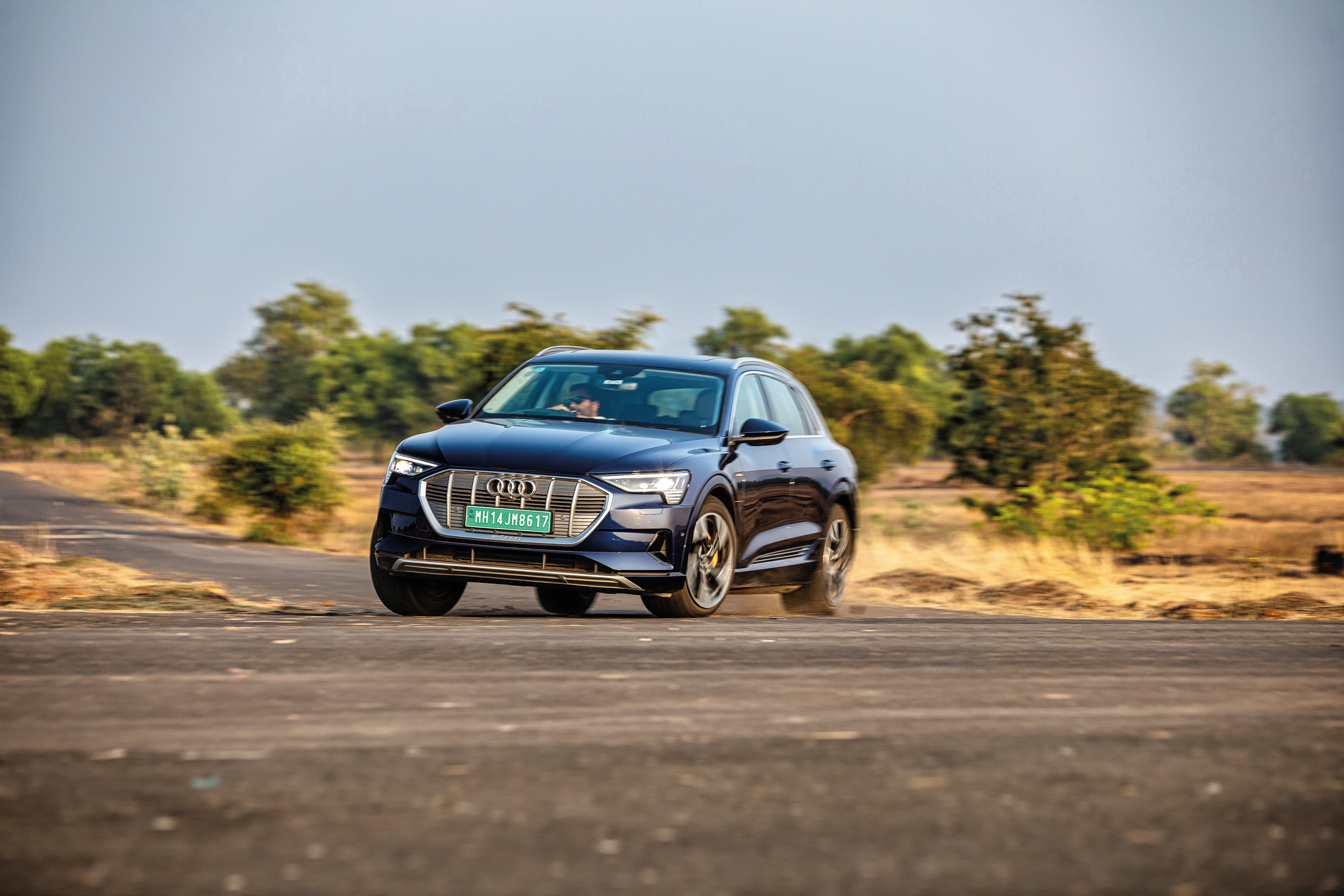
Electric cars are heavy on tyres
Not only are EVs heavy but the massive torque that the electric motors deploy, instantly, puts a heavy load on the tyres. Your running costs are very low but you will be swapping tyres much sooner than an ICE. And all the new born electric EVs have really big wheels, which means bigger bills when you go shopping for new tyres.
And I should point out that EVs are freakishly fast, which means you are going round corners faster than you normally would, which also scrubs tyres faster.

EVs are freakishly fast
Be it the Nexon EV or our long term test Audi etron, electric cars are amazingly quick. The plentiful and instantaneous torque means it gets up to speed in the blink of an eye. And that instant throttle response, and max torque available every time you breathe on the throttle means overtaking is just super-easy. The effortless speed and effortless triple-digit cruising of an EV can be super-addictive, so much so when you switch back to an ICE it feels sluggish for the first couple of miles.
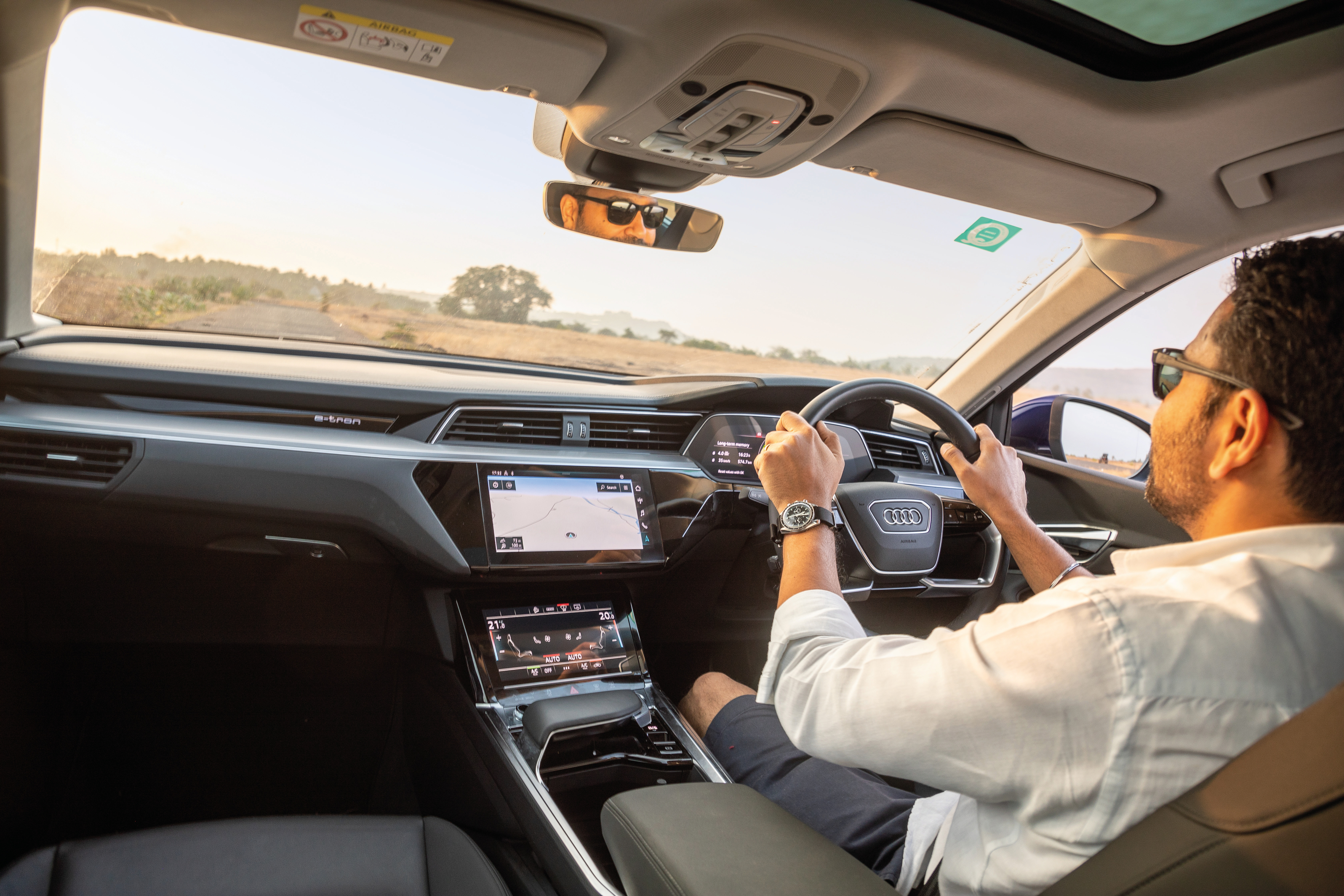
Electric cars are silent and relaxed
Combustion engines are very refined these days so why are electric cars so much more relaxing to drive? Turns out it is the lack of vibrations that makes EVs super-relaxing. Be it commuting or intra-city runs, you are less tired in an electric car. Fact. And then there’s the silence
Of course everybody knows EVs are silent. And that’s one of joys of living with an EV. All the artificial noises when you, for instance, stick it in Sport mode is just silly. The whole point of an EV is insane performance with deathly silence. And I like the fact that the Audi etron has no synthesised sound nonsense.
That’s once aspect.
The other is after an EV when you switch to an ICE, especially something like an Innova, the clatter of the diesel engine, the vibrations, all of it feels unbelievably ancient. After living with an EV it’s hard to go back to an ICE, particularly a diesel.


